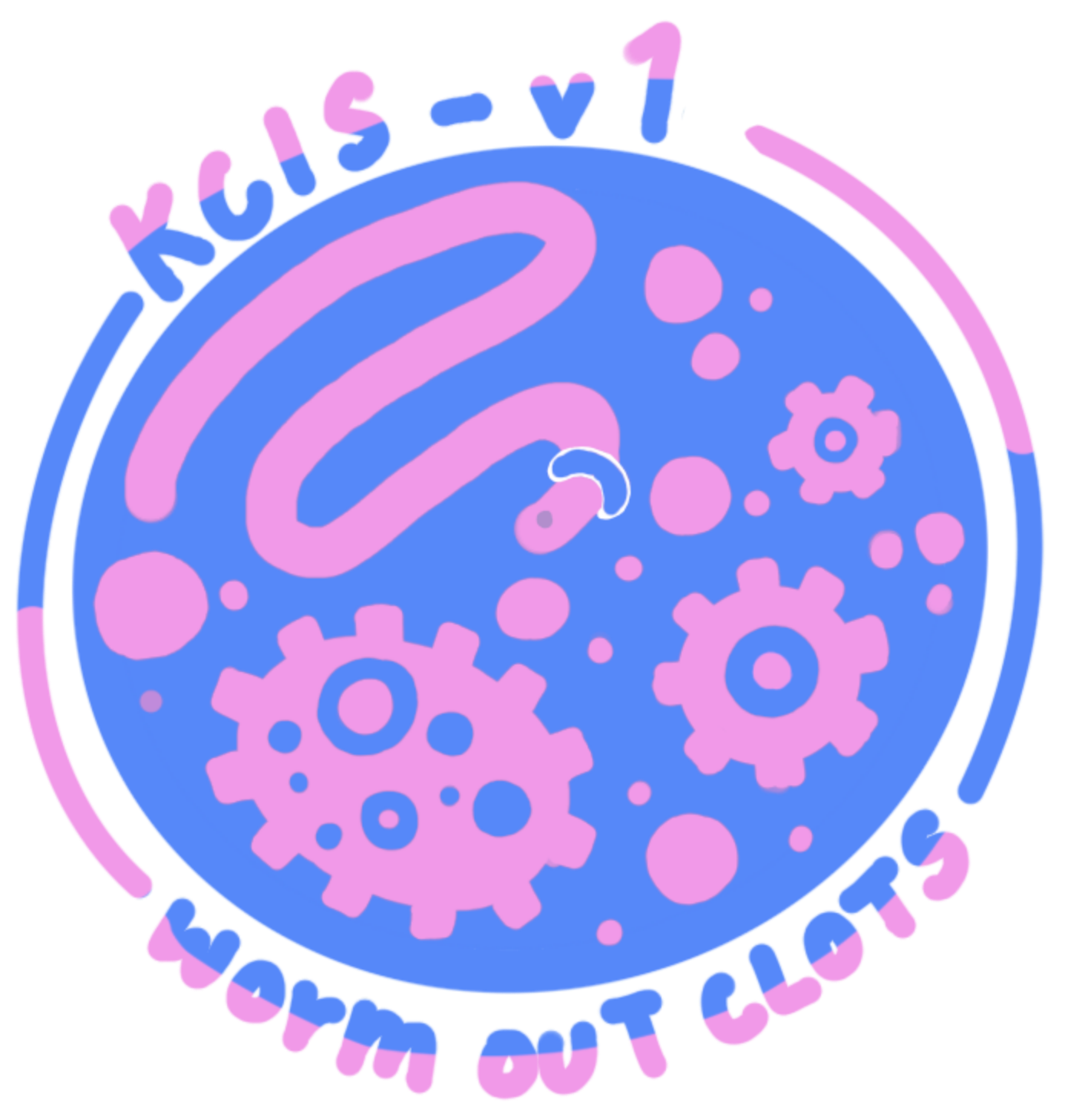
Education
Our comprehensive education program is designed to impart knowledge to younger students within our school, with the primary objective of simplifying complex concepts in synthetic biology for those who may not possess an in-depth understanding of biology. The program is structured into two main branches: elementary school and high school.

For elementary school students, we employed analogies, visuals, and do-it-yourself (DIY) activities to elucidate concepts such as E. Coli transformation and the function of plasmids. To engage the elementary students, we created hands-on projects, including a puzzle of sequences with different colours, simulating a gene on a plasmid. Students played and assembled the puzzle, mimicking the design of a plasmid in E. coli. The feedback from the elementary students was overwhelmingly positive, indicating the success of our approach and leaving us highly satisfied with our performance.




In our high school seminar, we delved into a more profound and challenging curriculum, covering not only our project specifics but also the broader field of synthetic biology. We shared our experimental methods and theories, sparking numerous thought-provoking questions and garnering positive feedback. Importantly, our presentation motivated more individuals to express interest in and willingness to participate in iGEM.



Our commitment to sustainable education is evident as we extend our efforts to junior high students through another lecture. In this upcoming session, we plan to introduce synthetic biology and provide a brief overview of our project. We firmly believe in the necessity of maintaining this educational initiative to continually attract more individuals to iGEM participation and foster increased awareness of how biology can address global challenges, contributing to a better environment for humanity.